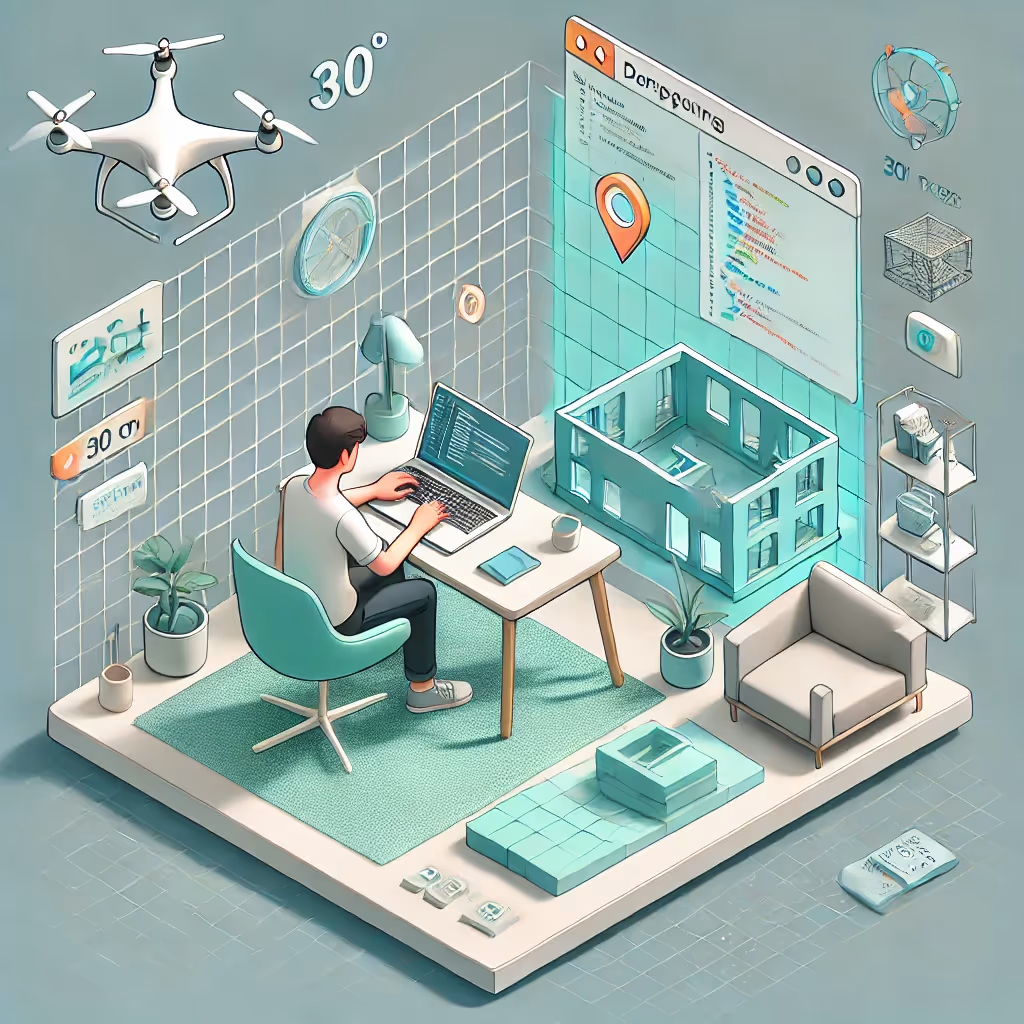Enhanced Collaboration
Breaking down silos between disciplines to create a truly integrated project team.
Traditional design and construction processes suffer from fragmentation and poor information sharing between disciplines. Our clash detection services create a structured framework for cross-disciplinary collaboration that transforms how teams work together.
By providing a central coordination platform with transparent issue identification and resolution processes, clash detection brings teams together around shared goals and creates accountability that drives improved project outcomes.

Traditional Coordination Challenges
Without structured clash detection, project teams often face these collaboration obstacles:
- Siloed Documentation - Each discipline works independently with their own set of drawings, leading to inconsistencies and conflicts.
- Communication Barriers - Technical terminology and differing priorities create misunderstandings between disciplines.
- Asynchronous Workflows - Design changes aren't communicated promptly across disciplines, leading to outdated information.
- Ambiguous Responsibilities - Unclear ownership of coordination issues leads to problems being overlooked or passed between teams.
- Late Issue Discovery - Conflicts identified during construction lead to adversarial relationships and finger-pointing.
How Clash Detection Enhances Collaboration
Single Coordination Platform
Clash detection brings all disciplines together around a unified model, creating a shared understanding of the project and eliminating the information silos that plague traditional workflows.
Visual Communication
3D visualizations of clashes create a universal language that transcends discipline-specific terminology, making it easier for diverse team members to understand issues and contribute to solutions.
Structured Issue Management
Formal clash tracking and resolution workflows create accountability and transparency, ensuring that issues don't fall through the cracks and teams are held responsible for their commitments.
Multidisciplinary Workshops
Regular clash detection meetings bring together designers, engineers, and contractors to address issues collaboratively, building relationships and mutual understanding between disciplines.
Our Collaboration-Focused Approach
Team Integration
We establish clear communication channels and protocols between all project stakeholders, creating the foundation for effective collaboration.
Collaboration Platform Setup
We implement coordination tools that enable real-time information sharing, clash reporting, and issue tracking accessible to all team members.
Structured Coordination Meetings
We facilitate regular clash detection workshops that bring together key stakeholders to review issues and develop solutions collaboratively.
Issue Resolution Workflow
We implement a transparent process for tracking clash resolution, with clear assignments and accountability mechanisms that drive follow-through.
Ongoing Knowledge Sharing
We document coordination decisions and design solutions in a shared knowledge base, creating a resource that benefits all team members throughout the project.
Collaboration-Enhancing Tools
We utilize powerful software platforms to facilitate team coordination:
Navisworks Manage
Powerful clash detection with issue tracking and assignment capabilities that provide a central platform for cross-discipline coordination.
BIM 360
Cloud-based collaboration with model sharing, mark-up capabilities, and integrated issue tracking for seamless team communication.
BCF Manager
BIM Collaboration Format tools that enable standardized issue communication across different software platforms and disciplines.
Virtual Meeting Platforms
Integrated screen sharing and model reviewing capabilities that enable effective remote collaboration for distributed teams.

Collaboration Success Story

Multi-Discipline Office Complex
A 25,000 m² office complex with multiple architectural firms, engineers, and specialty consultants was struggling with fragmented workflows and communication challenges across their distributed team.
Our collaborative clash detection approach transformed their process:
- Implemented weekly virtual clash detection workshops bringing together 15+ disciplines
- Created a centralized clash database with clear responsibility assignments and resolution tracking
- Established standardized communication protocols that bridged different BIM platforms
- Developed a shared decision log that documented coordination solutions and their rationales
The results demonstrated the power of enhanced collaboration:
- 85% reduction in cross-discipline RFIs compared to the client's previous similar projects
- Virtual resolution of over 800 significant conflicts before they reached the field
- Dramatically improved relationships between disciplines that had previously been adversarial
- Creation of a collaborative culture that continued beyond the clash detection process
Related Services
Transform Your Team Dynamics
Break down discipline silos and create a more collaborative project environment. Contact us to discuss how our clash detection services can enhance communication and teamwork on your next project.
